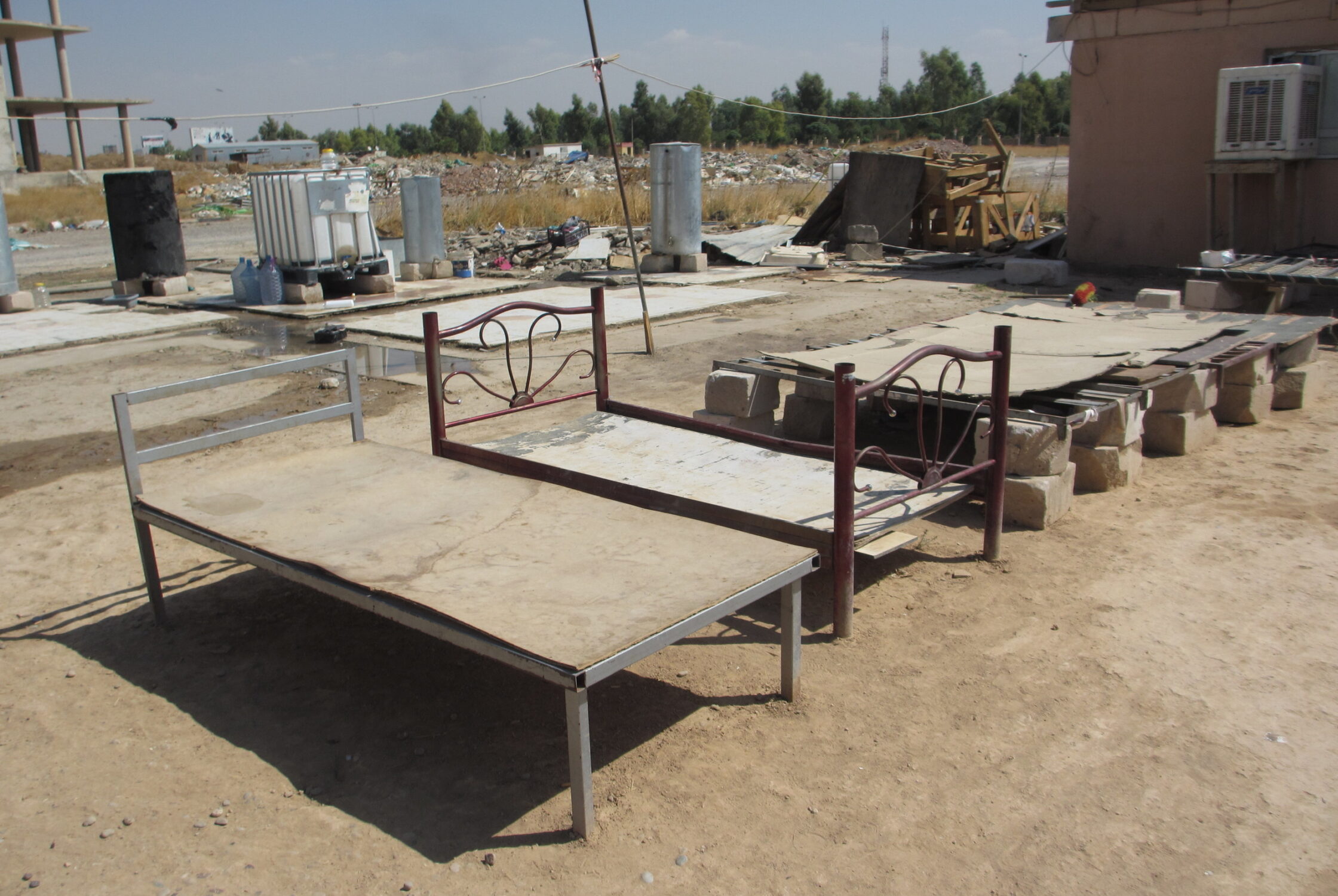July 2015. Time to think about winter.

The conflict that began in Syria in March 2011 has now endured through four winters, with a fifth one on the way. If it seems too early to be thinking about preparing the displaced for winter, consider that each of the past four winters in the region has been greeted with insufficient planning, funding shortfalls, and program cuts. It shouldn’t be possible that winter takes us by surprise— winter arrives whether there’s a displacement crisis or not. But for the past four years, humanitarians have struggled to meet the needs of displaced Syrians as the weather gets colder. Can we do things differently in 2015?
In October 2014, the United Nations and its partners launched a winterization plan for inside Syria. But by late January 2015, there was still a $70 million shortage in funding for the plan. Likewise, during the same period of time there was an almost $60 million gap in the funds needed for preparing Syrian refugees in the neighboring countries for winter. So far in 2015, the humanitarian response plans for Syrians affected by the conflict are only about one-quarter funded.
Each year, we’ve heard the stories of Syrian refugees and those inside Syria trying to survive the cold weather and storms with inadequate shelter and limited food and fuel. In addition, last winter, hundreds of thousands of newly-displaced Iraqis in Kurdistan were still living in tents in public spaces or in unfinished buildings as the weather grew cold. Funding is a very real part of the problem. If donors don’t contribute or if shortfalls are significant enough, aid agencies can’t plan ahead. Or rather, they can plan ahead, but there’s no guarantee that the blankets and heaters, for example, or the money to purchase them, will be available when the time comes to implement that plan.
Can we do things differently in 2015?
Last August in Erbil, a Syrian family living in an abandoned construction lot told RI that one of their main concerns was how they would get through the upcoming winter. A 3-month-old had died from the cold the previous winter, and that tragedy was still very much on their minds. A group of internally displaced people (IDPs) from northern Iraq expressed the same concern as most of the family were sleeping out in the open on a concrete slab. With so many IDPs in inadequate shelter as of August and with so little money coming in, how could everyone’s living situation be made ready for winter in just two or three months?
Winterization can include a number of activities that make it possible for people to survive the harsh weather. Sometimes it’s as simple as extra blankets and mattresses, or a space heater and fuel. Other times it’s as complex as replacing the floor and wall materials of tent shelters, building walls on an unfinished structure, or setting up a camp for people who live out in the open. Adequate food and hygiene are also crucial aspects of preparing for winter. When people are crowded into small spaces for long periods of time, communicable diseases spread more readily, especially for people who are poorly nourished or who can’t keep themselves and their environment sanitary.
Over the past year, the World Food Program has had to make a series of cuts to the assistance it can offer refugees worldwide, including Syrians. It’s not the only aid agency that’s had to scale back, but it’s an important indication of how the money is not flowing even for the needs that would generally be considered most urgent. When funding is tight for the basics—food and shelter—it usually follows that programming beyond that gets reduced or cut entirely, like health care, education and psychosocial services.
With donations for assisting Syrians already so low halfway through the year, we can’t realistically expect an improvement in how humanitarian organizations prepare for the approaching winter. The number of vulnerable people continues to grow, but the ability to help them, and for them to help themselves, is not increasing along with the needs.
What will this winter bring? It’s not too early to ask.